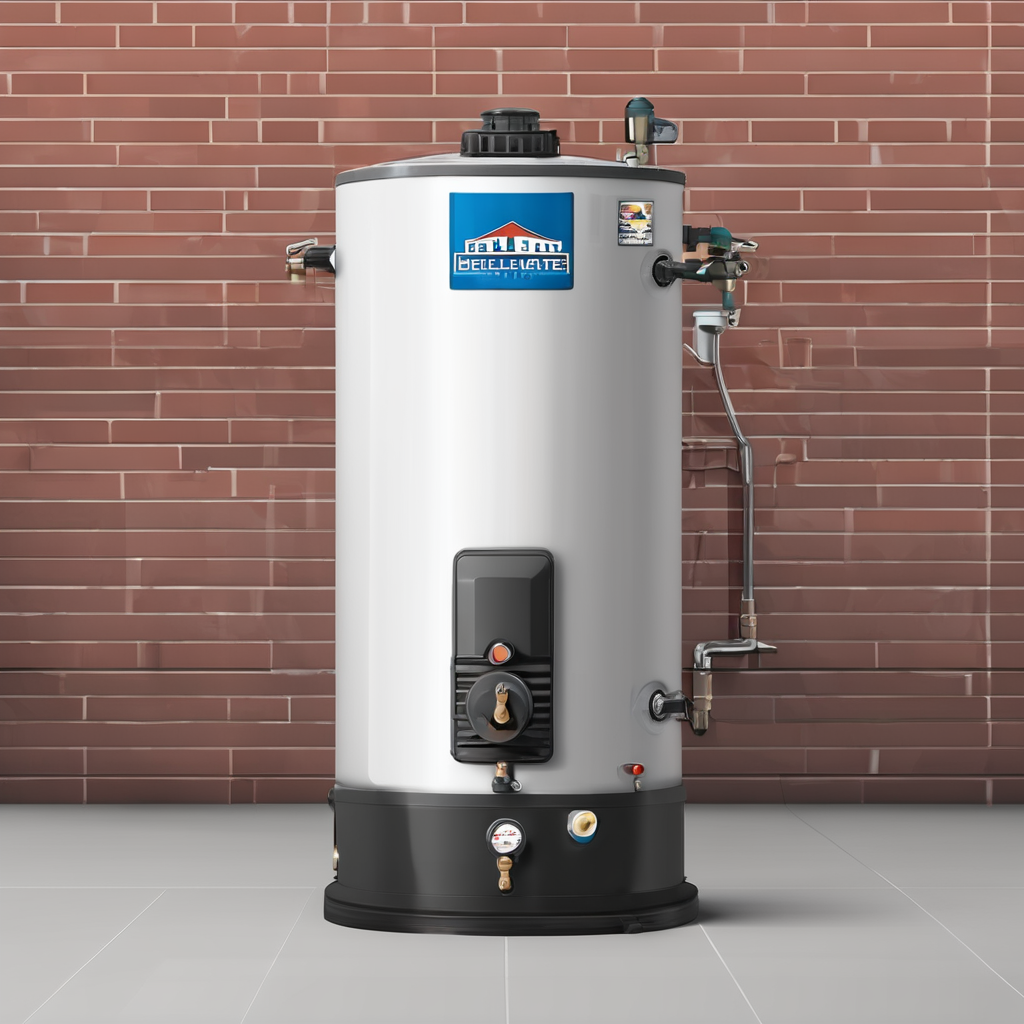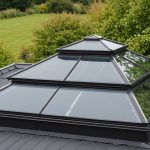Understanding Thermal Efficiency
Thermal efficiency is a critical consideration for homeowners wishing to maintain comfortable living conditions while reducing energy consumption and costs. It reflects how well a building retains heat, influencing energy efficiency and the overall environmental impact. For homeowners, achieving high thermal efficiency means reducing heating bills and minimising carbon footprint.
Key Indicators of Thermal Efficiency
Several elements signal a building’s thermal efficiency. These include the quality of insulation, the presence of energy-efficient windows, and the integrity of building envelopes, such as walls and roofs. Each component plays a pivotal role in determining how effectively a home maintains heat, preventing unwanted energy losses.
In the same genre : Comprehensive manual: installing a gray water system at your exeter residence step-by-step
Differences Between Semi-Detached and Other Homes
Semi-detached homes often demonstrate distinct thermal characteristics compared to detached or terraced houses. They typically share a wall with an adjacent property, which can lead to unique thermal challenges and opportunities. For example, shared walls might reduce exposure to external elements, potentially enhancing energy retention. However, the thermal efficiency can vary considerably based on factors like construction age and materials used. Understanding these differences enables homeowners to implement targeted solutions for improved thermal performance.
Assessing Thermal Efficiency in Bristol’s Semi-Detached Homes
Understanding thermal efficiency in semi-detached homes is crucial for homeowners desiring enhanced energy performance. This section covers essential strategies for evaluating and improving thermal performance within Bristol residences.
In the same genre : Choosing the perfect privacy and security fencing for your suburban essex home: an essential guide
Initial Home Investigation
To assess thermal efficiency effectively, homeowners should begin with a preliminary energy audit. This includes examining insulation quality, checking for drafts around windows and doors, and evaluating the overall condition of the home’s envelope. Common thermal leaks often occur at floors, walls, and roofs, which can be pinpointed using an infrared thermometer or smoke pencils. Homeowners may also utilise basic resources, such as online portals and DIY guides, to support their assessments.
Professional Evaluations
Enlisting professional assessment services adds depth to the evaluation of your home’s thermal performance. In Bristol, certified energy assessors provide a comprehensive analysis, identifying specific areas needing improvement. The benefits include expert advice, tailored solutions, and potentially increased home value due to enhanced energy efficiency. Although there’s a cost associated, typically ranging from £200 to £400, the insights gained are valuable for long-term savings and comfort. Homeowners should expect detailed reports highlighting areas for targeted improvements, providing a roadmap for enhancing their home’s thermal efficiency.
Building Regulations and Standards in Bristol
For homeowners in Bristol, staying compliant with building regulations is crucial to ensuring energy efficiency and thermal performance. Local regulations are designed to help maintain the energy efficiency of buildings and reduce overall energy consumption.
Local Building Regulations
Bristol’s building regulations encompass a variety of standards aimed at enhancing thermal efficiency. These include requirements for proper insulation, high-performance windows, and energy-efficient heating systems. Homeowners should ensure their properties meet these regulations to avoid potential legal complications and to promote sustainable living.
Compliance Standards
Moreover, compliance with energy efficiency standards not only supports greener initiatives but can also increase property value. Standards like the Energy Performance Certificate (EPC) ratings provide a clear indicator of a home’s energy performance. Regular updates to these standards mean that homeowners must remain vigilant to ensure all requirements are met.
Staying Updated
To avoid falling behind, homeowners should regularly check for updates to building regulations. Several online portals and local government resources offer up-to-date information and guidelines. Engaging with local professionals can also provide insights into meeting current compliance demands, ensuring your home remains both efficient and legally compliant.
Enhancing Your Home’s Thermal Efficiency
Improving a home’s thermal efficiency is essential for reducing energy consumption and enhancing living comfort. In semi-detached homes, targeted energy-saving upgrades can make a significant difference.
Insulation Solutions
Choosing the right insulation is key. Popular types include mineral wool and spray foam, ideal for offering substantial thermal resistance. Cost-effective insulation strategies, such as insulating loft spaces and cavity walls, can greatly impact a home’s ability to retain heat. These enhancements not only reduce heating bills but also ensure a comfortable living environment all year round.
Window and Door Upgrades
Energy-efficient windows and doors are crucial. Upgrading to double glazing or triple glazing can prevent heat loss and improve energy retention. Financial incentives, often available through local government schemes, can assist homeowners in making these upgrades economically viable. Selecting high-performance products tailored to your home’s needs will maximise thermal efficiency.
Heating and Ventilation Improvements
Installing energy-efficient heating systems and integrating smart thermostats can optimise energy savings and provide precise climate control. Proper ventilation ensures good air quality and comfort, preventing dampness and reducing reliance on heating. These upgrades, although initially costly, will lower energy bills and contribute effectively to your home’s overall thermal performance.
Case Studies and Success Stories
Exploring thermal efficiency case studies provides valuable insights into the practical benefits of energy-saving upgrades. In Bristol, several local success stories illustrate the transformative potential of such improvements for semi-detached homes.
One standout example involved a family in East Bristol who embarked on a comprehensive energy retrofitting project. The homeowners invested in high-quality insulation and upgraded to double-glazed windows, drastically improving their home’s thermal performance. These changes led to a remarkable 30% reduction in annual heating costs, underscoring the financial advantages of well-judged energy-saving measures.
Another case involved a semi-detached home in the northern suburbs where homeowners integrated smart heating systems. By installing smart thermostats alongside enhanced insulation and energy-efficient windows, they achieved a 25% decrease in energy consumption within a year. This case highlights the role of technology in maximising thermal efficiency and achieving substantial savings.
These stories demonstrate that investing in energy efficiency not only cuts energy costs but also significantly enhances living comfort. By considering such success stories, homeowners can draw inspiration and practical guidance for their own thermal efficiency projects, benefitting their wallets and contributing to a more sustainable future.
Local Resources for Homeowners
For homeowners in Bristol aiming to improve their energy efficiency, a plethora of local resources and assistance programs are available. Connecting with local professionals can be a pivotal step towards achieving optimal thermal efficiency.
Professional Assistance
Bristol boasts a variety of specialists and companies dedicated to enhancing home energy performance. Certified energy assessors provide insights into a building’s thermal profile, guiding homeowners in making informed decisions. These experts assess insulation, heating, and construction materials to identify efficiency-boosting opportunities.
Government and Community Programs
Local government initiatives often encourage sustainable living through support schemes. Financial incentives or grants may be available for energy-saving upgrades, assisting homeowners with insulation or energy-efficient window installations. Community outreach programs further educate residents on adopting eco-friendly practices.
Online Resources
Numerous online portals offer tools and guides for homeowners eager to explore energy efficiency at their own pace. These resources include instructional videos, DIY checks, and calculators for estimating potential savings from home improvements. By leveraging these tools, homeowners can enhance their understanding and take proactive steps towards a more efficient home.



